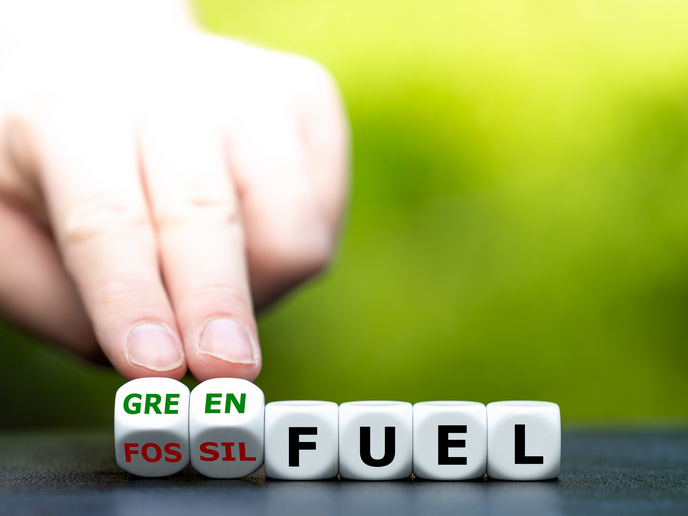Electrochemical technology turns bioliquids into sustainable fuels
Crude bioliquids such as black liquor (a byproduct of pulp production) and pyrolysis liquids (derived from biomass) are promising alternatives to fossil fuels. However, their chemical instability and complex composition make large-scale biofuel production challenging. The EU-funded EBIO project(opens in new window) developed an electrochemical upgrading process that stabilises bioliquids, making them compatible with existing refineries. Unlike traditional thermochemical methods, electrochemistry operates under mild conditions, offering greater control over the conversion process.
Advancing electrochemical biofuel production
To improve bioliquid processing into fuels and chemicals, the project focused on stabilising black liquor and pyrolysis liquids. “In EBIO, we apply electrochemistry to upgrade crude bioliquids with respect to their storage stability and suitability for refining processes,” explains Roman Tschentscher, EBIO project coordinator. Black liquor’s characteristics make it suitable for direct electrochemical processing, but pyrolysis liquids require prior fractionation. “Black liquor has suitable electrolytic properties, in terms of viscosity, salt and lignin content, and it can be directly fed into an electrolyser. For pyrolysis liquids, a prior fractionation into lignitic and cellulose/hemicellulose-based streams is required to achieve selective conversion of target compounds,” explains Tschentscher. To optimise process efficiency, EBIO established advanced bioliquid analysis protocols, ensuring greater control over conversion reactions and maximising biofuel yields.
Electrochemical breakthroughs enable efficient refining
A major milestone was the validation of boron-doped diamond electrodes, which proved highly efficient in bioliquid upgrading. The project demonstrated that upgraded bioliquids can be processed alongside conventional fuels, aligning with existing refining infrastructure. This achievement is crucial: it enables direct co-processing of these bio-based feedstocks in refineries without requiring extensive modifications. By ensuring that upgraded bioliquids meet industry specifications, EBIO strengthens the case for large-scale adoption of electrochemical upgrading. Moreover, this approach provides an opportunity to repurpose existing refinery assets, reducing costs associated with transitioning to more sustainable fuel production methods. If deployed at scale, EBIO’s electrochemical process could produce up to 61 million tonnes of biofuels per year, significantly contributing to Europe’s sustainable energy supply.
Energy efficiency and sustainability
One of the most significant advantages of electrochemical upgrading is its energy efficiency. This eliminates the need for separate hydrogen production, making the system more compact and sustainable. “Electrochemical upgrading utilises direct electricity to produce reactive oxygen and hydrogen ions by water splitting. Those react with bioliquid fractions in the same electrolyser. The energy mix for providing this electricity is the dominant factor in determining the process's sustainability,” explains Tschentscher. To ensure minimal carbon emissions, the system can be powered by renewable energy sources such as wind, solar or hydropower. This approach aligns with Europe’s low-carbon energy targets, making biofuels more environmentally sustainable.
Preparing for large-scale adoption
EBIO’s success was built on collaboration across the biofuel value chain. The project brought together feedstock suppliers, technology developers and refiners, ensuring every stage of the process was optimised for industrial deployment. “Already during the proposal writing of EBIO, small teams of two or three partners were formed naturally as a result of their complementarity in competence, infrastructure and interests,” says Tschentscher. By fostering cross-sector knowledge-sharing, the project strengthened partnerships between research institutions and industry stakeholders. A key advantage of EBIO’s technology is its seamless integration into existing refinery operations. “Biorefineries, especially pulp mills, have spent decades optimising their industrial operation. Electrochemically converting crude bioliquids as they are produced, and at conditions common to those of biorefineries, will significantly increase the interest of pulp mills and other biorefineries in further scale-up and commercialisation,” notes Tschentscher. The project’s use of non-noble metal catalysts and new separation processes has further improved its commercial viability. These advancements make bioliquid upgrading more cost-effective, strengthening EBIO’s potential as a scalable, sustainable biofuel solution.







